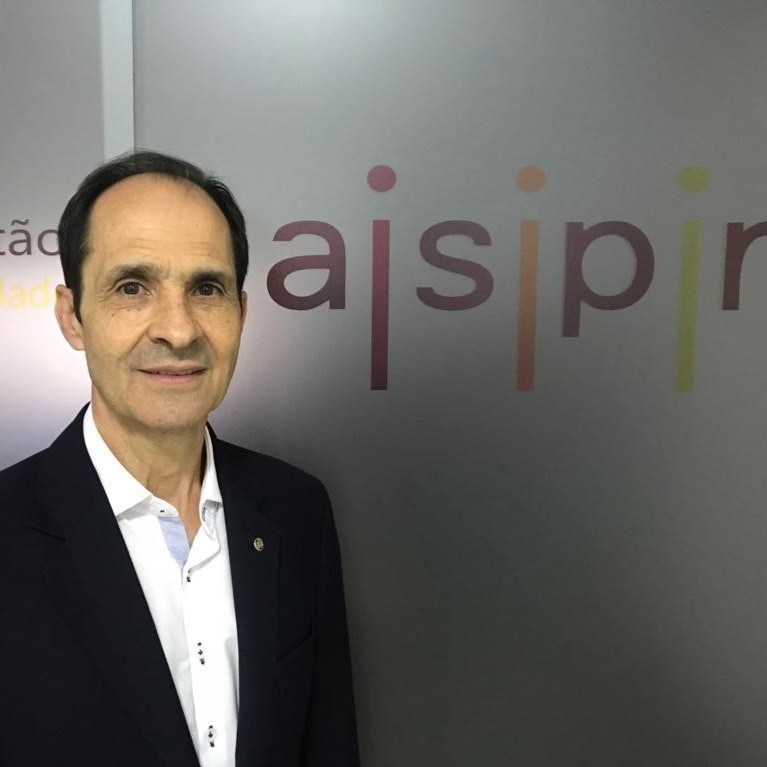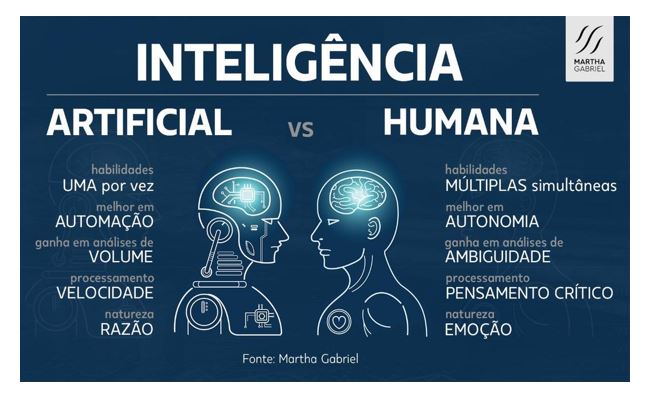 *By Ary Silveira Bueno
*By Ary Silveira Bueno
I bring the topic to inspire and stimulate you, so that you feel provoked to dedicate a precious and productive reading time.
If you feel sensitized, I suggest that reflects about what three great experts think and defend, on the relevant topic at hand. Are they:
Specialist I
Prof. Dr. Gustavo Donato. He was Rector of the FEI. He is a Professor at Fundação Dom Cabral, Business Advisor, Member of B20 and President of the Deliberative Council of Instituto Brasil Digital.
In an interview on 05/24/2024 with Adriano Bonazio, on Abrafiltros' Abra Talks Program, talking about Professional of the Future Interview – video 39m50s to 45m17s , I bring summary:
We have five generations of coexistence in the companies.
The senior person has a world view, serenity, market experience, and peace of mind when making decisions. The young man brings a freshness in technology and visions and sharp creativity. The big deal is getting both of them to work together.
The most important skills on the Linkedin list:
Out of 10 top skills, 8 are soft skills and only two hards.
Technology is increasingly becoming commoditized. Hard skills they continue to be very important, but are supported by technology, robotics and AI; are required, but they are not enough.
According to Prof. Gustav the great differentiating asset It is human formation, human development.
He says:
The names hard skills and soft skills They're wrong.
"To develop soft skills and much more hard than the hard skills”.
How to teach leadership, emotional intelligence, communication, difficult conversations and negotiation? How to teach empathy? It's much harder to teach this.
In his view, three skills are fundamental:
- learn to learn;
- adaptability to circumstances; It is
- not to settle and expose yourself to challenges.
Defend:
Expose yourself, seek high challenge, high skill; It is such a combination that high performance psychology calls FLOW.
For in addition of hard and soft skills, for the post-pandemic world and the 21st century, according to the World Economic Forum, he highlights:
- Literacy in Futures;
- Hope; It is
- Fraternity
Ends:
“The field of brilliance is not in the answers, but in knowing how to ask questions”.
“The world of tomorrow is not for “know-it-alls”, but for eternal learners”.
Specialist II
Prof. Martha Gabriel, CEO, author, Member of AI Board from Samsung Brazil, speaker and a multidisciplinary icon in Latin America in the areas of business, trends and innovation.
In an interview with Economic Value of 04/18/2024 regarding the AI - Artificial intelligence:
AI must be increasingly present in all aspects of our lives”, says Martha Gabriel
The technology expert comments on how the use of AI optimizes people's routines, from meeting transcriptions to real-time translations
According to the Tracking Sintonia com a Sociedade 2023 survey, by Globo Gente, 37% of people used AI tools to study or produce texts and 22% used it as a general search tool.
The research reinforces this point, as 68% of consumers agree that AI is a tool that can make their routine more agile and 43% completely agree that it is a reliable source of information.
In an exclusive chat, Martha Gabriel spoke about the impacts of artificial intelligence on people's daily lives and how cell phones will be a catalyst for this adoption.
'It's time for humans to embrace artificial intelligence so they can expand and expand to a new level of cognition and productivity that is only possible through intelligent technologies', he says.
In important 2019 article, Prof. Martha toasted us, about the AI:
“Thus, assuming that we are taking an irreversible path to artificial superintelligence in the near future, the best way to solve the equation of human relevance in this scenario is to understand the differences between artificial and human intelligence, and what each one does best . In this sense, I listed the dominant characteristics of each type of intelligence, and compared skills in the following image:”

As we can see, the The main strengths of artificial intelligence today are quite distinct from human intelligence, and for the most part, complementary.
In this context, two conclusions become quite clear:
- There is no point trying to compete with machines in what they are better at than us: we will always lose;
- We need to abandon repetitive human behaviors – manual or mental – that can be easily replaced by machines and dedicate ourselves to developing the human skills at which we are better than them.
Like this, the irreversible future is human and artificial intelligence working together – on the one hand, humanity's challenge is to continually adapt to find its place in the world of machines, maintaining its relevance and expanding in the process;
On the other hand, the challenge for organizations is to continually transform to optimize the use of resources available in the environment in order to maximize results. Therefore, together is better.
Specialist III
Daniel Goleman, internationally renowned writer, psychologist, science journalist
In an interview on 06/29/2024 with Daniel A. Cohen from Brazil Journal:
IQ helps in the beginning. But at the highest levels, “QE is worth more”, says Daniel Goleman in a recent lecture in Brazil.
Three decades ago, the book Emotional Intelligence, by American psychologist Daniel Goleman, popularized a then-incipient field of study and contributed to the advancement of a mentality that today seems obvious: knowing how to deal with feelings makes professionals more efficient.
Over the years, emotional intelligence, or EI – also called EQ, emotional quotient, in analogy to the intellectual quotient – has become an essential skill. Some research indicates that it is the greatest predictor of future performance (with a greater degree of accuracy than IQ analysis) in several areas of activity.
According to these studies, professionals with higher EI are more likely to remain calm under pressure, resolve conflicts, lead efficiently and create good work environments (producing greater engagement and lower employee turnover).
Finishing
It is to be concluded that the Exact, Human and Social sciences, must also work even more together, such as Human, Emotional and Artificial Intelligence, to receive questions and appropriate questions, to respond to the immense demands of Humanity in an increasingly challenging and complex world. As a consequence, almost infinite opportunities, but dependents of hope and fraternity, as mentioned by Prof. Gustavo Donato.
O Team ASPR has been paying attention to all of this. Since 2019, it has taken actions that meet this reality, training its professionals, implementing new technological solutions and incorporating a new mentality and digital culture.
*Ary Silveira Bueno, Founder and Director of ASPR, Vice-President of Instituto Brasil Digital and President of the Board of SiNEco – National System of Ecosystems of Digital Brazil
Notice: The opinion presented in this article is the responsibility of its author and not of ABES - Brazilian Association of Software Companies













